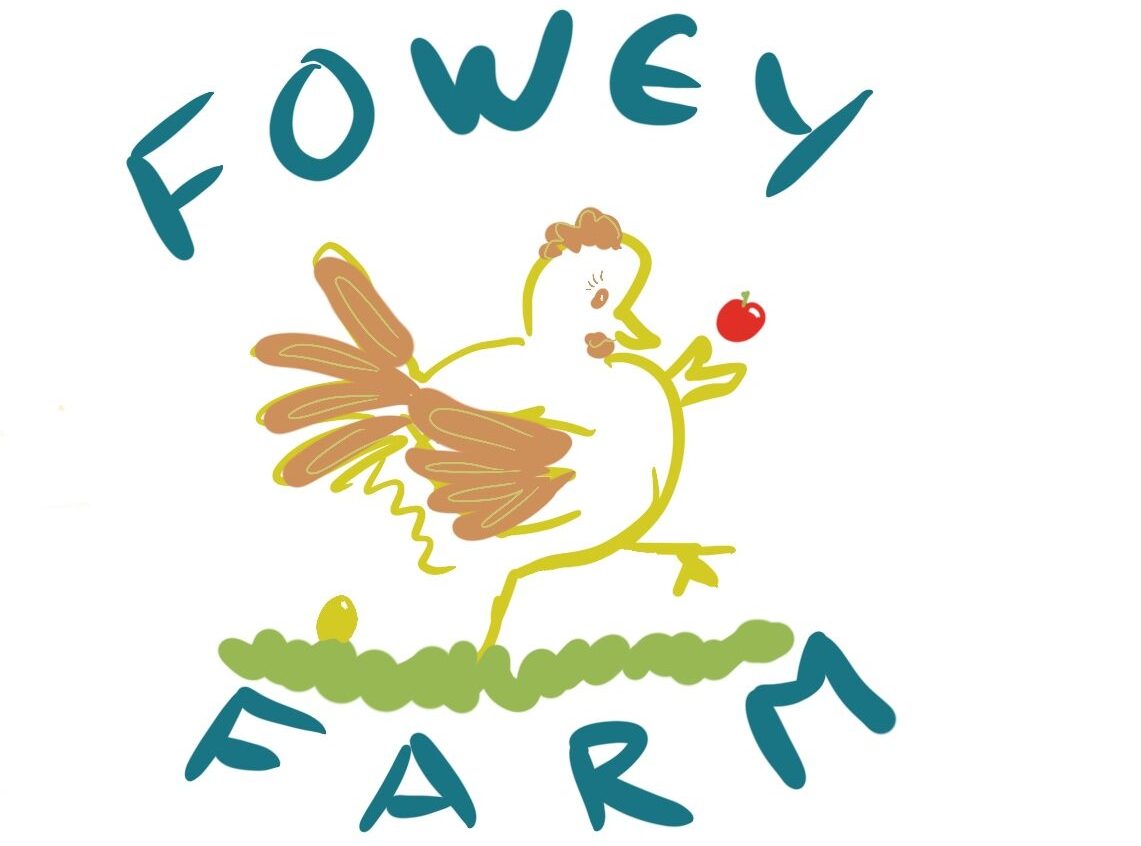Here are some activities designed to challenge young people to think critically and creatively, with a little Cornwall twist where possible!
Creative Thinking
Cornish Myths and Legends Reimagined:
Have them research Cornish myths and legends like the Beast of Bodmin or the Mermaid of Zennor. Then, challenge them to retell these stories in a new way: as a comic book, a short film, a song, a play, or even a video game.
“Design a Dream Eco-Community”:
Inspired by the eco-friendly focus of our farm, have young people design a sustainable community in Cornwall. What would it look like? What technologies would it use? How would it be powered? Encourage them to build models, draw maps, or create presentations.
Upcycled Art Challenge:
Gather discarded materials and challenge them to create art! This could be anything from sculptures and collages to wearable art or functional items. You could even have a themed competition (e.g., “Creatures of the Cornish Coast”).
Critical Thinking
Debate Local Issues:
Research current issues in Cornwall (e.g., affordable housing, tourism impact, environmental protection). Divide them into groups and have them debate different perspectives on these issues. This encourages research, respectful disagreement, and persuasive argumentation.
“Escape Room” Puzzles with a Cornish Theme:
Design escape room-style puzzles that require critical thinking and teamwork to solve. Incorporate Cornish themes (e.g., smuggling history, local landmarks, mining heritage) into the puzzles and clues.
Analyse Media Messages:
Choose news articles, advertisements, or social media posts related to Cornwall or issues relevant to young people. Have them analyse these for bias, persuasive techniques, and hidden messages. This builds media literacy skills.
Combining Creative and Critical Thinking
“Invent a Cornish Festival”:
Have young people invent a new festival for Cornwall. What would it celebrate? What activities would it include? How would it be sustainable and benefit the community? This combines creative brainstorming with practical planning and problem-solving.
Community Problem-Solving Project:
Identify a real problem in your local community. Challenge young people to research the issue, brainstorm solutions, and develop a plan of action. This could involve presenting their ideas to local officials or organising a community event.
Tips for Facilitation:
Provide a safe and supportive environment: Encourage risk-taking and experimentation without fear of judgment.
Offer open-ended challenges: Allow for multiple solutions and interpretations.
Encourage collaboration: Foster teamwork and communication.
Provide feedback and guidance: Help them reflect on their thinking processes and identify areas for improvement.
Remember to tailor the activities to the age and interests of the young people you’re working with! Have fun and encourage them to explore their creativity and critical thinking skills.
Discover more from Fowey River Academy School Farm
Subscribe to get the latest posts sent to your email.

Leave a Reply